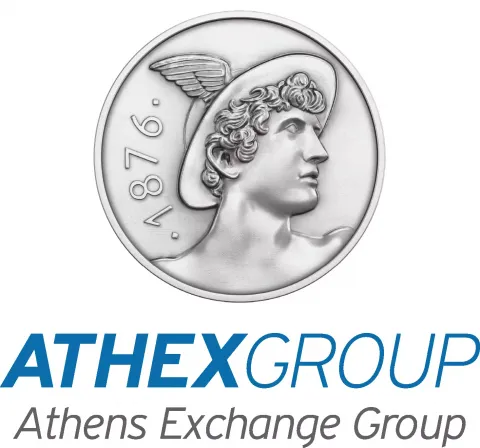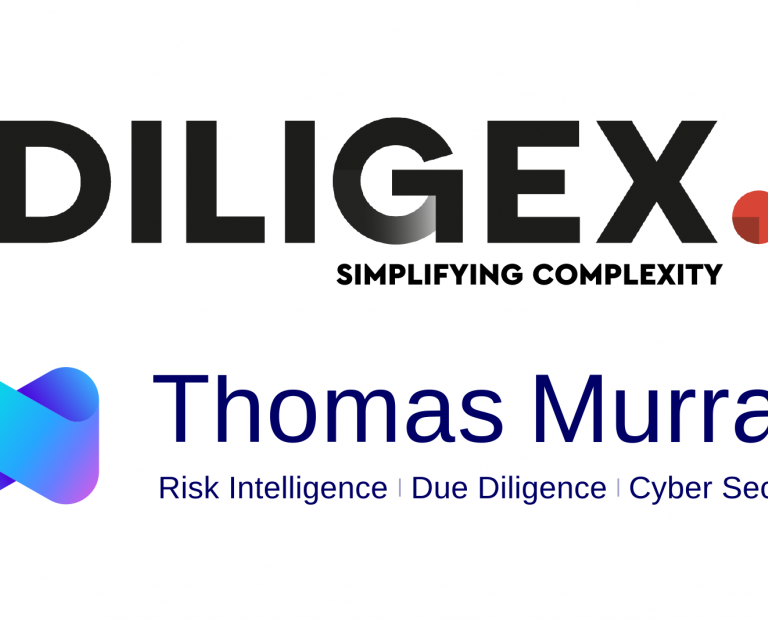Highlights from December 2023
Botswana and Zambia
As part of its plan to modernise the technology infrastructure of its stock market, Botswana introduced a new CSD system in September 2022 that has integrated SWIFT messaging. Last year, the Botswana Stock Exchange (BSE) furthered this modernisation programme with the launch a settlement guarantee fund, which is currently very small but looking to expand in future.
However, the launch did not go smoothly – there were delays to the new settlement system due to issues with MT199 SWIFT messaging, which led to a breakdown of communications between participants. There are also disparate reports from the CSD and participants regarding delay times – participants claim delays of up to 30 minutes are still persistent.
Although Botswana does not currently have any ESG regulations in place, the government is planning to introduce them over the coming years. In 2021, it also released draft laws to pave the way for a stock borrowing and lending (SBL) facility – however, there are concerns about the absence of liquidity and a lack of appetite from investors.
The launch of a new, single national CSD is in the pipeline; the Bank of Botswana would step down after its formation. Botswana's inflation rate fell slightly, to 3.1% in October 2023 from 3.2% in September 2023, within the central bank’s preferred range of 3% to 6%.
Meanwhile, 2023 ended on a low note for Zambia. Heavy rains in December resulted in a landslide in an open-pit copper mine that killed at least one worker and trapped as many as 25 more. Zambia is one of the world’s top-ten producers of copper, but mining remains a highly dangerous activity with little regulatory oversight or enforcement.
However, there was some good news. Zambia has (finally) benefitted from a restructuring of its debt through the IMF’s Common Framework, even though China dropped out of the deal at the eleventh hour. The country will now get some real debt relief – at least from its official creditors.
Italy
Asset servicing changes are on the way in Italy, as Euronext plans to introduce a common corporate action platform, in line with EU standards, using SWIFT 20022. SWIFT 150022 will be discontinued.
On the settlement side, there are talks of T+1 but nothing concrete. There were two main considerations reported:
- changing the ex-date, which could be complicated due to different settlement cycles across European markets, and
- if the UK decides to move to T+1 sooner, Europe will then have to accelerate its own plans.
We will be providing regular updates this year on T+1 settlements – you can read the first briefing
At the CCP level, Italy has moved from the Standard Portfolio Analysis of Risk (SPAN) to value at risk (VAR) calculations. This will allow it to service other countries in the Euronext Group. Since the Italian CCP doesn’t have links with all CSDs, all settlement flow still has to pass through the Italian CSD. However, LCH is still present in these markets, so it will be interesting to see if clients switch to Euronext.
Federation of Bosnia and Herzegovina
The annual inflation rate in Bosnia and Herzegovina fell to 1.7% in November 2023, down from 2.1% in the prior month. This marked the lowest reading since June 2021.
Bosnia filed its application to join the EU back in 2016, and this is still in progress. It has made changes to its capital market laws in an attempt to harmonise with EU practices.
“Political turmoil” has been the real fetter on the Federation’s progress, however. Between 2019 and 2021, to quote the rather dry assessment of “legislative and executive authorities had a low output due to political polarisation and the disruption caused by pandemic.” The government is still not functioning as it should.
Even so, the CSD is implementing a new software upgrade, bringing it in line with EU capabilities.
Serbia
On a macro level, the Serbian economy is predicted to grow at around 3 to 4% annually in the medium term. The benchmark interest rate was recorded in December at 6.5%, and the Central Bank has been taking action to fight inflation.
The Serbian market is mainly driven by fixed income activity, with low volumes of equity trading.
The regulators are in the middle of a drive to harmonise Serbia’s domestic regulations with EU regulations – a capital markets law was passed in 2022, which aligned various laws.
The exchange has signed an agreement with the ATHEX exchange in Greece, which is due to launch this year. The CSD is in the process of developing a new system to improve STP (as the CSD is becoming SWIFT-enabled), and that is also likely to be implemented in 2024.
A Euroclear market link is in the pipeline, and the regulator has outlined a five-year strategy aiming to align laws and regs, build on the institutional capacity of the exchanges, and launch new products.
The Central Bank has made some noise about migrating to ISO 20022 this year, with complete migration to support both types by 2025.
Canada
The main topic of interest is the transition to T+1, and aligning with international and US standards. Preparations are underway to ensure implementation in May 2024.
The Ontario Securities Commission (OSC) is undergoing structural changes, including the separation of the CEO from the board and the modernisation of IT infrastructure.
Industry feedback in relation to T+1 include the need to adjust cut-off times, as well as challenges in areas like FX. Proposals have been pitched to address the issues.
In terms of the approach to T+0, the current infrastructure can accommodate T+0 but the industry is not ready. Therefore, it seems that T+1 may remain in place for the next five years.
In terms of crypto custody, there is no specific regulation in place yet.
On the stock exchange, over the last 12–18-month period, the secondary market has declined by 20% in trading volume. Key projects include:
- the launch of additional equity trading venues; and
- the expansion of trading hours to align with global trading demands.
The stock exchange has cyber security measures in place, and its balance sheet remains good.
In case you missed it…
Osborne forecasts UK general election date
Former UK Chancellor George Osborne has predicted that the UK will go to the polls on Thursday, 14 November 2024. On the podcast he now co-hosts with former Labour Cabinet minister Ed Balls, Mr Osborne said, “A little birdie has told me that the various work programmes required to get ready for a general election have that date singled out – 14 November.”
UK Prime Minister Rishi Sunak has until 28 January 2025 to hold a general election. The Conservative party has confirmed it is looking at a November date, but at this stage wants to ‘retain flexibility.’


Orbit Intelligence
Centralise your monitoring and reporting, access Thomas Murray risk assessments and third party data feeds.
We safeguard clients and their communities

Petroleum Development Oman Pension Fund
“Thomas Murray has been a very valuable partner in the selection process of our new custodian for Petroleum Development Oman Pension Fund.”

ATHEX
"Thomas Murray now plays a key role in helping us to detect and remediate issues in our security posture, and to quantify ATHEX's security performance to our directors and customers."

Northern Trust
“Thomas Murray provides Northern Trust with a range of RFP products, services and technology, delivering an efficient and cost-effective solution that frees our network managers up to focus on higher Value activities.”
Insights

Thomas Murray launches Cyber Risk practice with key strategic hire
Leading global risk intelligence firm Thomas Murray has announced the launch of its Cyber Risk advisory practice today with the key strategic…

Tabletop exercises: Where to start
Knowing how to deal with the fallout from a major cyber incident is just as important as knowing how to prepare for one. In cyber security…

Thomas Murray announces Malta agreement with Diligex
Thomas Murray, the global risk intelligence and cyber security firm, today announced a distribution agreement with Diligex. Diligex is a…


